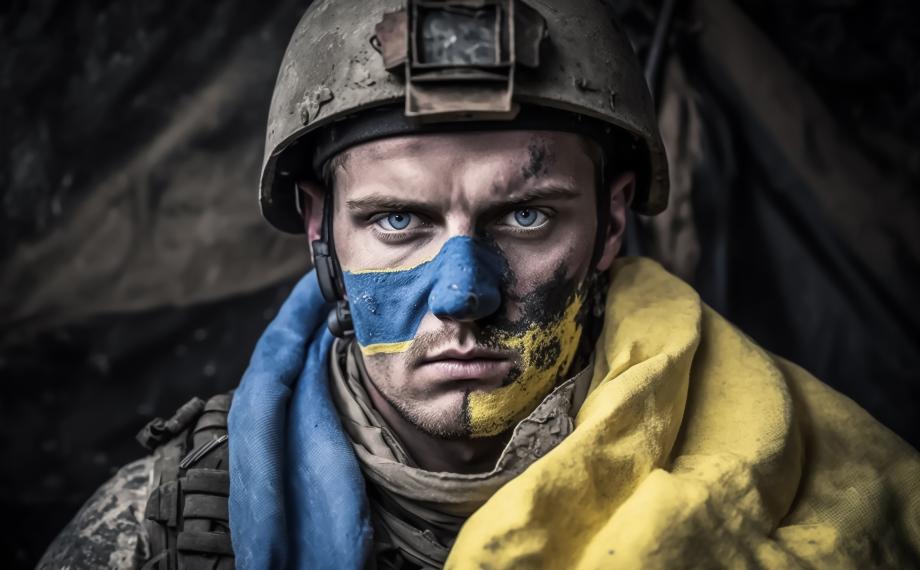Scars on Their Souls: PTSD and Veterans of Ukraine

With the ongoing war waged by Russia in Ukraine 20 months on, the support by allied nations around the world to protect Ukraine’s freedom has shown and continues to show overwhelming support. Much-needed equipment has inevitably helped maintain a strong fighting force at the front line. However, an army does not march on military resources alone; its biggest asset is its people who need the mental capacity to maintain and respond to the worst atrocities of war. The need to support the mental health and well-being of those who have risen to the cause needs equal consideration if we are to continue to maintain a fighting force on the front line. Consideration also needs to be given to maintaining the mental capacity of those who will be responsible for rebuilding Ukraine for future generations to come.
Many of them are already feeling deep loss due to displacement of family members, loss of loved ones, shattered communities, broken lives, education cut short, and the existence and uncertainty of what the future holds, all of which are the hallmarks of war. The Ukrainian government has already taken steps to deal with the immediate needs of military and economic sustainability sufficient not only to go through the war and achieve full victory over the enemy, but also to begin working on longer-term issues like reconstruction and planning for the postwar period, including quality of human capital. In this regard, a number of initiatives are being developed such as how to return displaced Ukrainians, back to their homeland (IDPs), to help those living in liberated or temporarily occupied territories, Ukrainian military servicemen and veterans. However praised, all these efforts are still lacking proper coordination and comprehensive strategies at a national level, which could be agile in the changing environment of the ongoing war.
Read more in the full report in English and Ukrainian below.